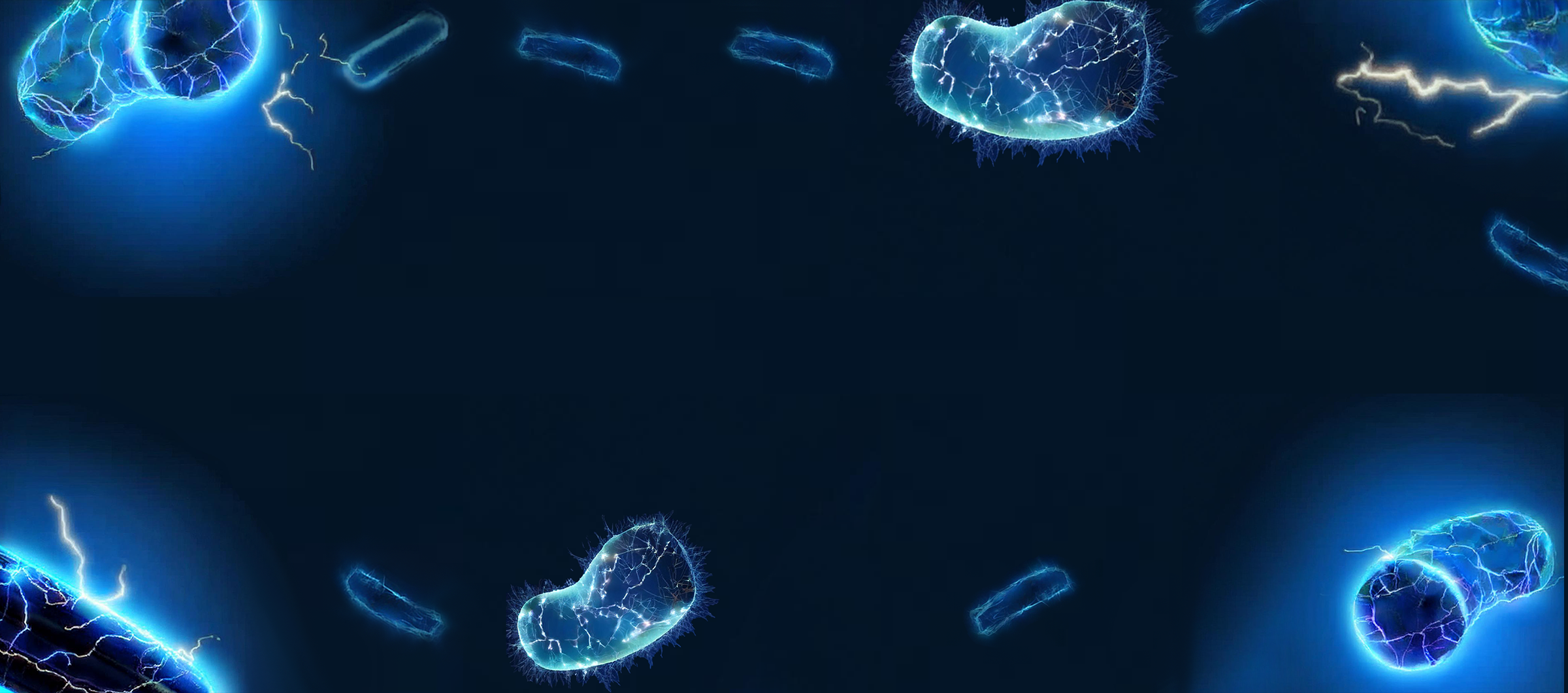

Alumni
Now at Trinity College Dublin (Professor)
Dr. Muhammad Ali is an environmental engineer specializing in wastewater treatment, microbial electrochemical technologies, and resource recovery. He earned his Ph.D. in Environmental Engineering from Hokkaido University, Japan, and his M.S. from the National University of Science and Technology (NUST), Pakistan.
In 2015, he joined Professor Pascal Saikaly’s group at KAUST as a Postdoctoral Fellow, focusing on advanced wastewater treatment technologies. He worked on pilot-scale bioreactors, including Aerobic Granular Sludge (AGS), Microbial Electrolysis Cell (MEC), and Anaerobic Fluidized Membrane Bioreactor (AFMBR), contributing to their design, fabrication, and automation. He later continued his work in the group as a Research Scientist, where he played a key role in commercializing KAUST-invented water reuse technologies and advancing decentralized wastewater treatment solutions.
In addition to his research, Dr. Ali co-founded NuRain with Professor Saikaly, a start-up focused on sustainable water solutions. His work at KAUST played a key role in bridging research and real-world applications in water treatment and resource recovery.
Dr. Ali is now an Assistant Professor in Environmental Microbiology at Trinity College Dublin, where he continues his research on sustainable water treatment and microbial resource recovery.
Dr. Ali's research focuses on optimizing and developing sustainable environmental biotechnologies to fully harness the biochemical potential and metabolism of microbial communities for resource recovery (reclaimed water, energy, biochemicals) from waste streams. He works at the interface of microbiology, microbial ecology, and bioprocess engineering, with a primary focus on studying water-related engineered ecosystems. To achieve this, he employs advanced omics tools (metagenomics and metatranscriptomics, third-generation sequencing), stable isotope analysis, molecular techniques, and mathematical modeling. A better understanding of these bioprocesses is used to optimize bioprocess to convert waste to resources (reclaimed water, energy, biochemicals) with minimum energy inputs, resources, and carbon footprint.
Members of Engineers Ireland, 2022 – 2025
International Water Association (IWA), 2025
Pakistan Council for Architects and Town Planners, 2025